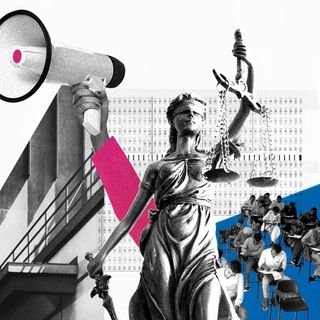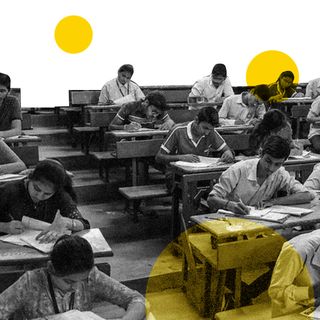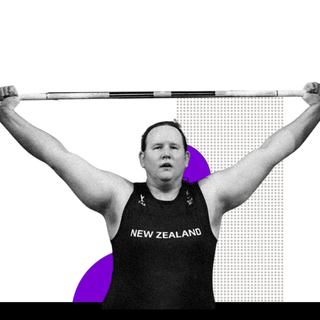The Chhattisgarh High Court earlier this month observed that a right to a speedy trial is critical to ensuring justice — it remains the essence of any criminal trial and is a fundamental right.
The single-judge bench, comprising Justice Sanjay K. Agrawal, made this observation in a case where a convicted person remained in jail for 18 months above his imprisonment sentence — on account of delays in the trial proceedings. According to the petitioner, the person made several applications for granting regular bail at the trial court but all were rejected.
“Right to speedy trial may not be expressly guaranteed constitutional right in India, but it is implicit in right to fair trial which has been held to be part of right to life and liberty guaranteed by Article 21 of the Constitution,” the judgment noted, citing a previous case. The court directed the state Law Ministry and the Director-General of Police to award the person with over Rs. 1.8 lakh as monetary compensation.
In the present case, the convict was serving his sentence and was denied bail, and he appealed to the court for compensation. Notably, the acknowledgment of Article 21 and “life and liberty” in the judicial system applies to all accused languishing behind bars awaiting trial. Speedy trials are integral to ensuring justice to the victim and protecting the accused from unnecessary incarceration beyond conviction.
The observation underscores a fundamental idea the justice system is rooted in: Administration of justice is not limited to the conviction of the guilty person, but it also perches on fair and speedy trials — an extension of the aphorism “justice delayed is justice denied.”
Related on The Swaddle:
Delhi HC Grants Bail to Devangana Kalita, Natasha Narwal, Asif Iqbal Tanha In Delhi Riots Case
The trend of judicial delays is evident across convicts and undertrials — people awaiting a trial hearing. A study from last year showed that, as of September, over 1.6 crore criminal cases were pending judgment for more than a year across all district and taluka courts. And more than 70% of prisoners in Indian jails were undertrials.
It becomes pertinent to take note of this at a time where several people remain undertrials — some for offenses that lack evidence and arrests to suppress dissent and human rights. A significant ruling with regards to this the high court cited was from 1979,wherein the Supreme Court held the right to a speedy trial as a fundamental right; in its decision, the court mandated improved access to bail, humane living standards, and a significant reduction in time from arrest to trial.
In the present case, the court noted that the right to a speedy trial is “inalienable,” extends to all criminal persecutions, and is not confined to any particular category of cases.
The court noted it is necessary to perform a balancing act in cases where the right to trials is infringed. This incvolves offering monetary compensation or quashing the charges or the conviction, “unless the court feels that having regard to the nature of offence and other relevant circumstances, quashing of proceedings may not be in the interest of justice.”
The court cited a previous judgment, noting that the state is “a guardian of fundamental rights of people is dutybound to ensure speedy trial and avoid any excessive delay in trial of criminal cases that could result in grave miscarriage of justice.”




